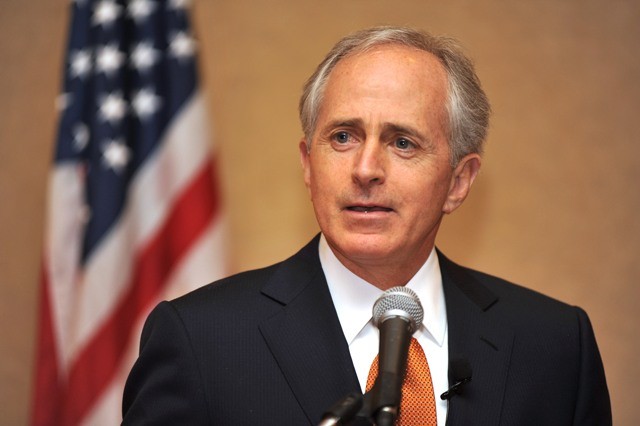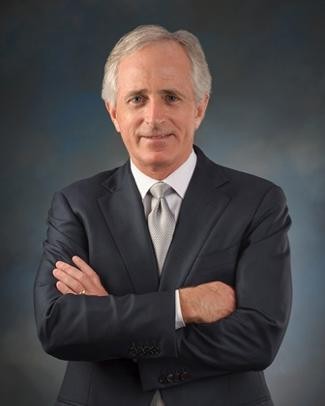A couple of weeks ago, in the immediate aftermath of a union election at the Volkswagen plant in Chattanooga, one in which ranking state officials strained mightily to influence the outcome, we professed dismay, in particular, at the role played by Senator Bob Corker.

If the senator chooses to consult our archives and read our news clips from the 2006 and 2012 elections and our coverage of him in general, it might serve to remind him that we have not been antagonistic toward him, historically. Au contraire, we saw the former Chattanooga mayor more or less as that rare thing in contemporary Republican politics — a moderate who was able to work across the aisle in significant bipartisan ways.
All the more our disappointment, then, at the senator’s flagrant interference with the process by which workers at the Volkswagen plant were asked to vote up or down on the issue of their representation by the United Auto Workers (UAW).
The senator has just struck again — this time on the editorial page of the Wall Street Journal (WSJ), where in a Monday op-ed, Corker maintained that the UAW, which narrowly lost the election and has appealed the result with the National Labor Relations Board (NLRB), “want[s] critics like me silenced.”
Now, we grant that Corker is taking everything personally, based perhaps on the notion that, as his press releases on the subject invariably conclude, “Much of the negotiation that led to Volkswagen choosing Chattanooga occurred around the dining room table of Corker’s Chattanooga home.”
Fine, and we bet the senator sets a good table, but the fact is that his public statements in advance of the election misrepresented the issues of the union election, and his WSJ op-ed continues to do so. For one thing, there is no mention in the op-ed of the fact that Volkswagen management itself not only didn’t express concern about the UAW, but had indeed seemed to welcome the union as a means of implementing the company’s traditional “worker’s councils” formula.
In the op-ed, Corker says that the UAW “tried to press the narrative that any future expansion of the plant would be contingent upon the UAW organizing the employees.” That stands the facts on their head. It was Corker, not the UAW, who tried to link VW’s expansion with the union vote by insisting publicly that VW would manufacture a mid-sized SUV in Chattanooga if, and only if, the workers rejected the union — a misleading assertion that was vehemently and explicitly denied by VW management and one that is at the heart of UAW’s NLRB complaint.
There are six or seven other blatant omissions or misrepresentations in Corker’s WSJ piece. It would take more space and time than we have at our disposal to address them all. Suffice it to say that if an employer — in this case, Volkswagen — had said and done the things that Corker has, in a union-busting course that has unfortunately been abetted by other state officials, it would be a prima facie violation of NLRB regulations. Just ask any unbiased lawyer conversant with those regulations, labor or management.
